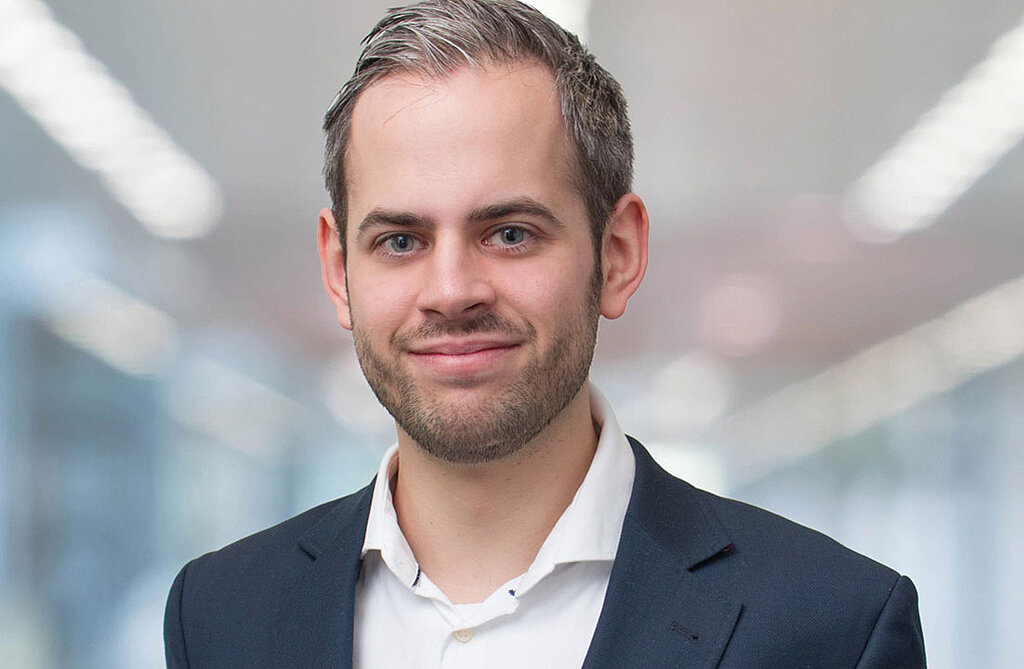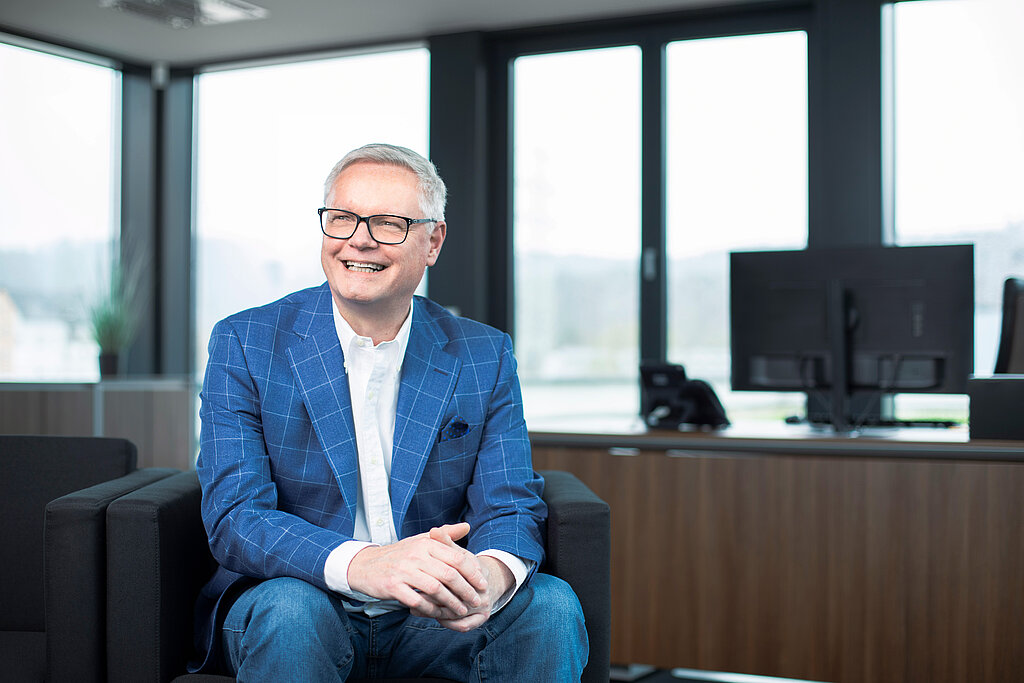The strong growth of the data center industry, especially in Germany, demands enormous amounts of resources. To minimize this demand and at the same time not to slow down growth, Data Center Group (DCG) has drafted a strategy paper on sustainable concepts that can be applied individually in parts for each data center project. "Digitalization presents us with new challenges, but also offers us a wide range of opportunities to achieve sustainability goals", emphasizes Donald Badoux (CSO, DCG).
Data centers offer enormous potential for shaping the digital transformation in a sustainable way. The report "Our Common Digital Future" by the German Advisory Council on Global Change (WBGU) identifies diverse approaches (WBGU, 2019). According to the WBGU, the digital transformation will lead to society transformation comparable to major development processes in human history. "Sustainability transformation can only succeed if the digital transitions are aligned in a resource-friendly way ", according to the report.
When designing data centers, DCG's data center experts follow an internal strategy paper that forms the guideline for sustainable data centers in Germany. Core topics of this paper are:
- Requirements of the "Blue Angel" certification
- Optimization of power consumption of end-user equipment
- Waste heat recovery
- Facade greening
- Photovoltaics
- Energy-efficient plant systems
- Recycled building materials
For each project, these points are considered, discussed and various option packages are put together. All project development through to operation is processed within DCG's value chain, ensuring that all these concepts can be applied.
"Even partial implementation of our sustainable concepts results in limiting environmentally harmful emissions of CO2 and free temperature emissions. Potential temperature increases for the respective site can thus be actively limited. The absolute driver of this avoidance is in fact the use of waste heat", says Fabian Buda, consultant at DCG.
Sustainable data centers as heat transition pioneers
Most energy consumption in data centers is caused by the operation of IT systems. In thermodynamic terms, IT systems are air heaters whose heat potential has not been optimally utilized in the past. However, there are already several options for effectively utilizing this waste heat, such as extracting the heat for the data center's heating requirements.
The Main DC data center near the world's largest Internet node DE-CIX in Frankfurt am Main is a pioneering project for the successful implementation of such a concept. DCG built one of the largest and most sustainable data centers in Germany in record time. The plant systems required for heating the offices simultaneously cool the technical utility rooms. Thus, the effect of heat generation is used twice.
A generally further possible option is the decoupling of heat for an external heat consumer. And the greening of the facade of a data center also represents a milestone for future data centers. There is also the possibility of using data center waste heat to integrate a newly developed district heating network in an area to be determined, to cover the heat demand in an ecologically and CO2-neutral way. Such a project would be a pioneer project of the heat transition. This variant enables the most efficient use of the full potential of climate-damaging CO2-emissions by using energy-intensive systems. The project planning of the data center can easily include integration into a district heating network. The trend toward sustainable construction is also an important factor: If regional and reused building materials are used for the shell, further resource savings are possible.
Innovative paths to a sustainable digital future
The variants show clearly how multi-layered the topic is to be considered. The energy aspects of IT infrastructures and new concepts for data centers are not the only relevant factors. There is also room for improvement in other areas for innovative paths to green transformation.
"When it comes to implementing future, sustainable data centers, not only the entire industry but also the end customers regarding the consistent optimization of energy consumption and, above all, politics about the necessary regulations are in demand. It is also important to offer incentives here in the form of targeted funding opportunities. Demand-oriented planning and operation adapted to this are innovative ways to a sustainable digital future", points out Donald Badoux.
Picture: © U2M Brand / #460329881 / stock.adobe.com (Standard licence)
![[Translate to English:] Potenials of digitalization for the green transformation](/fileadmin/_processed_/c/b/csm_AdobeStock_460329881_68eea5ad11.jpeg)


![[Translate to English:] 2 hands, each holding a puzzle piece with thumb and index finger, which fit into each other](/fileadmin/_processed_/e/c/csm_AdobeStock_202761131_0c7d1f9687.webp)

